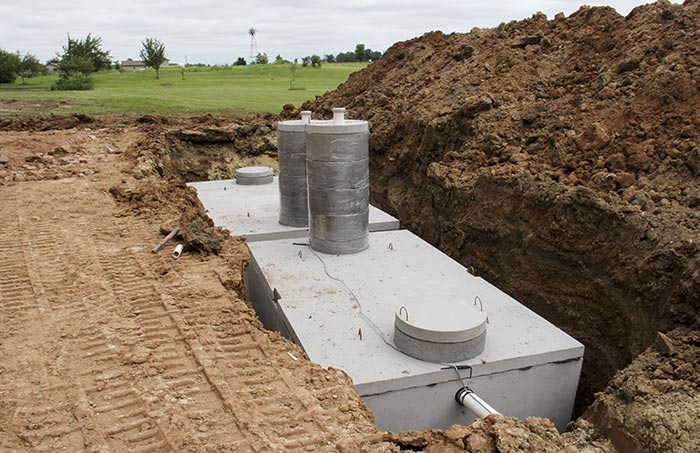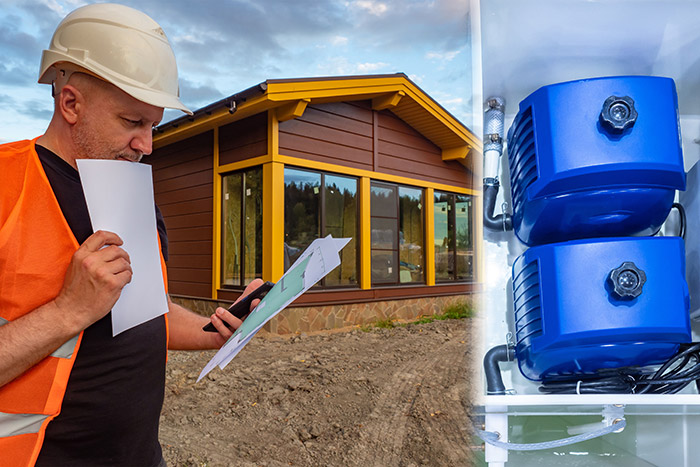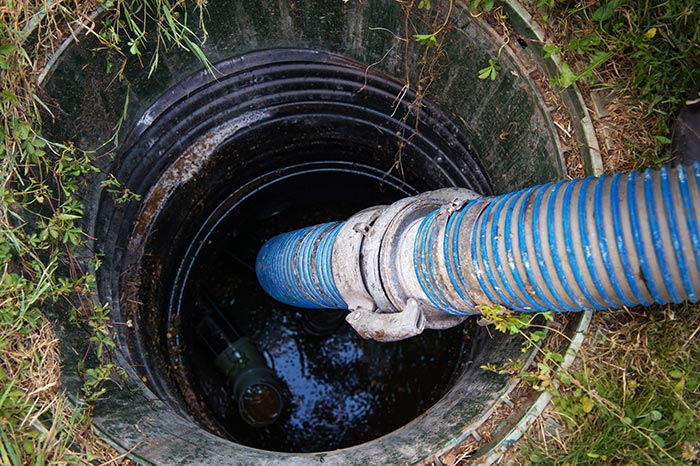
Whether you're building a new septic system or upgrading an existing one, there are Title 5 requirements that apply to new construction.
System owner's responsibilities
Whether or not you are the person actually doing the construction, it is always the system owner's responsibility to ensure things are done in accordance with Title 5 regulations (310 CMR 15.000). If you have questions related to building or expanding a new Title 5 system Title 5 system, you should contact your local Board of Health directly as they are the primary regulatory authority for new construction.
For new construction of a septic system, the first step is to go to your local Board of Health as well as your local Building Department. You will need to obtain permits from both separately. You should initially provide each department with a verbal explanation of what you're proposing. Required approvals before starting construction h3
In your initial conversation with the Board of Health and Building Department, it is important to ask them what Title 5 requirements and local requirements must be complied with in your particular case, and what specific approvals are needed from them. Both Departments will give you applications to be completed and returned. Once the Board of Health and Building Department have approved your applications, they will send you a letter in writing that either a) approves the request, b) approves the request but with specific conditions that must be met or c) denies the request.
Also, the Board of Health will tell you whether MassDEP has to approve any of the applications. MassDEP reviews an application only after the Board of Health has made a final decision. You must ensure that all of the necessary approvals from the Board of Health, the Building Department, and MassDEP, if appropriate, are received before you or anyone else begins any work.
Depending on the type of work you're proposing and approved for, you may need to hire a licensed system inspector to verify the location of system components, and perform the necessary work. There can be a variety of professionals involved: designer, soil evaluator, installer, inspector. However, even if you've hired a licensed inspector or system designer to do the work, you as the system owner are always responsible for your system. As work is being completed, you should be getting regular and detailed information and receipts from the professionals you've hired. For more information, refer to the Local Septic Management Homeowner Checklist.
For more information, contact Morse Engineering and Construction.


